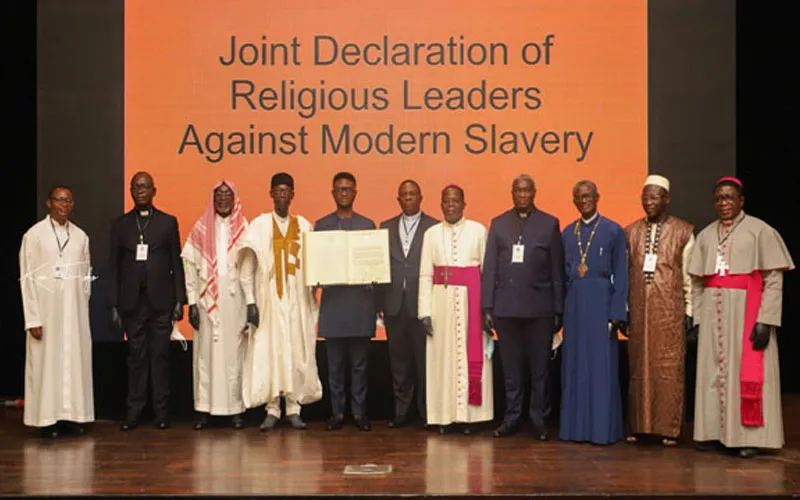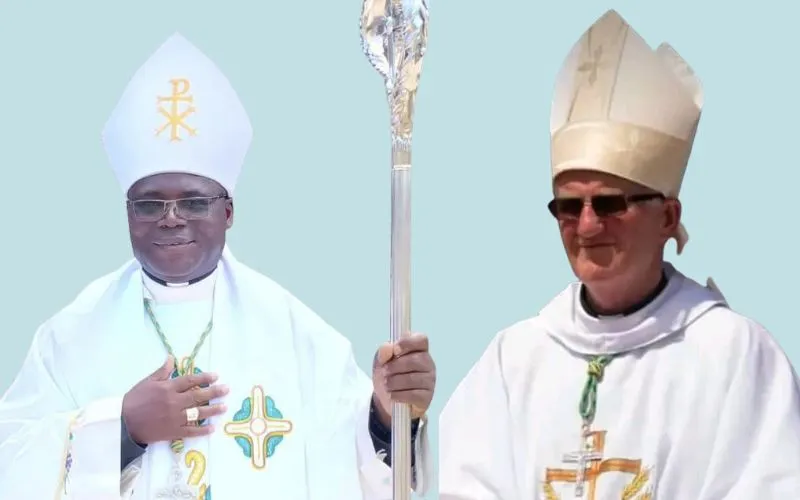Accra, 15 August, 2021 / 8:10 pm (ACI Africa).
Religious leaders from West and Central Africa have jointly declared to use their positions in the society to end slavery and human trafficking, which have been said to rise during the COVID-19 pandemic, with traffickers “preying on the vulnerable.”
Religious leaders who participated in the ceremony were from Ghana, the Democratic Republic of the Congo (DRC), Nigeria, and Ivory Coast.
Fr. Lazarus Anondee, the Secretary General of the Ghana Catholic Bishops' Conference (GCBC) who took part in the signing ceremony of the “Joint Declaration of Religious Leaders Against Modern Slavery” described the vice as an abuse of people for profit reasons.
“Human trafficking is a particularly heinous crime, as it involves the exploitation and abuse of people for profit reasons,” Fr. Anondee says in a Wednesday, August 11 report by the information service of the Vatican's Propaganda Fide, Agenzia Fides.
A total of 14 representatives of religious leaders from the four African countries signed the document.








